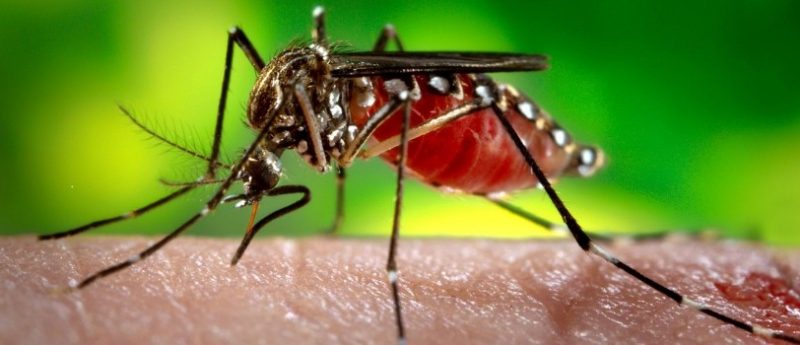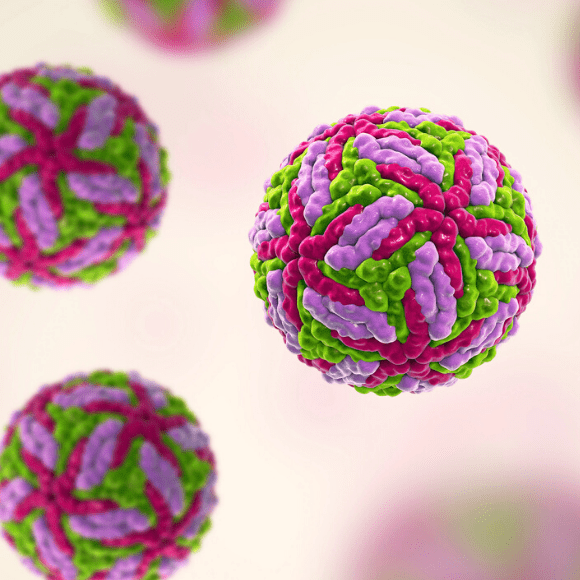Potential drug target discovered for cerebral malaria treatment

Scientists have discovered the role of the protein EphA2 in causing blood–brain barrier disruption in cerebral malaria, suggesting the protein could act as a potential drug target.
Worldwide, cerebral malaria infects over 575,000 individuals annually, disproportionately impacting young children in sub-Saharan Africa. The disease is characterized by a disruption of the blood—brain barrier (BBB), causing fluid to leak from the brain which results in 80% of survivors developing long-term neurodevelopmental symptoms.
Currently, there are very few targeted treatments available for cerebral malaria. However, new research led by scientists at the University of Utah (USA), in collaboration with Centre Pasteur du Cameroun (Yaoundé, Cameroon), has identified the protein EphA2 as a contributor to BBB disruption and a potential new drug target for cerebral malaria treatment.
As described in their recent study, published in PLOS Pathogens, the researchers utilized mouse models to demonstrate the importance of EphA2 in the breakdown of the BBB during cerebral malaria infection. They discovered that the expression of a receptor EphA2 is critical for inducing brain inflammation, recruiting immune cells to the brain and disrupting brain endothelial cell junctions.
The researchers then treated the mice infected with cerebral malaria with two different agents, a repurposed cancer drug and a specially engineered protein, that each work to inhibit EphA2 action. It was discovered that both agents were effective in preventing BBB breakdown, suggesting that EphA2 could be a successful therapeutic target for cerebral malaria.
“The advance is really significant,” remarked Tracey Lamb (University of Utah), senior author of the study . “New targets to block a leaky brain in malaria are urgently needed to prevent mortality from cerebral malaria.”
 Turning the molecular machinery of a flavivirus against itself
Turning the molecular machinery of a flavivirus against itself
Flaviviruses including West Nile, Zika and dengue can result in significant morbidity and mortality. However, new research suggests that a viral protein may prove vital in the discovery of therapeutic agents and future vaccine development against them.
Notably, it was discovered that both therapeutics tested were effective at protecting against BBB breakdown when given 4 days post-infection in the mice models. The agents not simply functioning as preventative drugs prior to infection is important, as preventative drugs can be difficult to utilize in real-world situations.
“Usually children are not brought into the clinic until they’re already experiencing symptoms of malaria,” explained study co-author Thayer Darling (University of Utah). “We’re hopeful that therapeutics that target EphA2 may be able to prevent cerebral malaria in children after the onset of those initial symptoms.”
To confirm the clinical relevance of their discoveries, the researchers tested blood samples of 175 children from an area of high malaria transmission and discovered that those with cerebral malaria had higher levels of an Ephrin protein that binds to EphA2. This discovery indicates that cerebral malaria is mediated by the same pathway in humans, though further studies are needed to confirm EphA2 as an effective drug target.
“Understanding how infection with malaria parasites can lead to deleterious neurological conditions is key to discovering new therapeutic means to curb malaria-associated deaths globally,” commented co-author Lawrence Ayong (Centre Pasteur du Cameroun). “This research is very exciting and leads the way for future studies focused on modulating the activity of this protein in humans as a way to prevent malaria-associated deaths in children.”